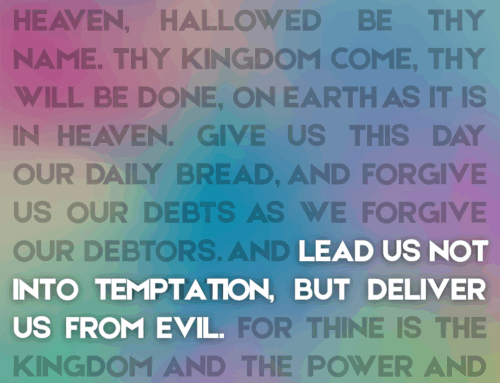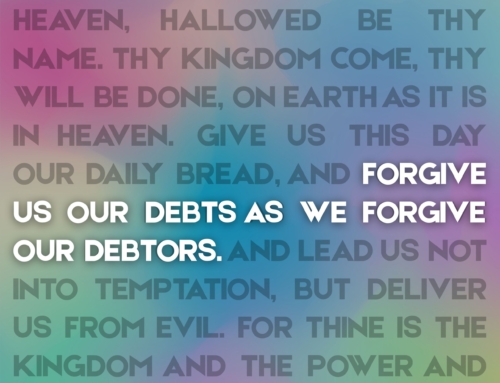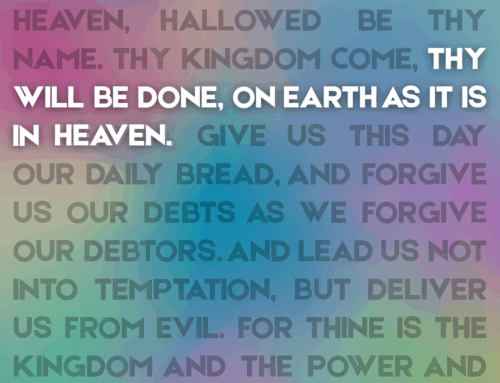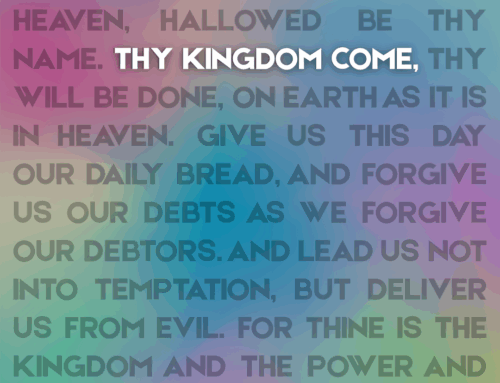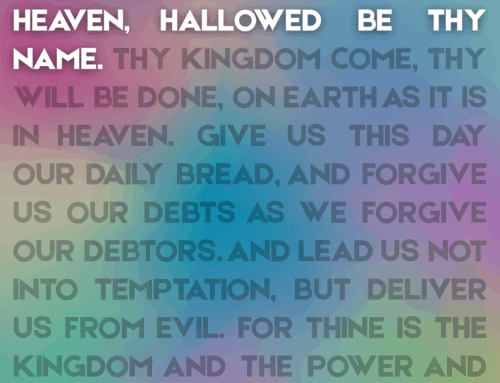“Jesus returned to Galilee in the power of the Spirit, and news about him spread through the whole countryside. He was teaching in their synagogues, and everyone praised him. He went to Nazareth, where he had been brought up, and on the Sabbath day he went into the synagogue, as was his custom. He stood up to read, and the scroll of the prophet Isaiah was handed to him. Unrolling it, he found the place where it is written:
‘The Spirit of the Lord is on me, because he has anointed me to proclaim good news to the poor. He has sent me to proclaim freedom for the prisoners and recovery of sight for the blind, to set the oppressed free, to proclaim the year of the Lord’s favor.’
Then he rolled up the scroll, gave it back to the attendant and sat down. The eyes of everyone in the synagogue were fastened on him.” – Luke 4:14-20
I love this story. Jesus enters into a very common practice and fills it with drama, subtext, and promise. In a gathering at the synagogue, Jesus reads a passage from Isaiah filled with language of liberation and hope. His reading transforms the words on the scroll into a living description of his life. While I love this story (particularly the line of “the eyes of everyone…fastened to him”) there is a line that has always given me difficulty.
‘The Spirit of the Lord is on me, because he has anointed me…to proclaim freedom for the prisoners…’
Freedom for prisoners seems problematic. Do we want prisoners to be free? For the most part, aren’t people in prison because they are danger to society?
I understand the context of this passage. The prophet Isaiah is believed to have been speaking to the Jewish people in exile. These people were prisoners in a foreign land and wanted to go home. When Jesus spoke these words, the Jewish people were oppressed and controlled by the Roman empire. We could also understand the text in a spiritual sense. Many are “imprisoned” by addiction, shame, or anxiety. We want these “prisoners” to be freed by grace. I can understand the passage in these ways, but I have wondered how this passage sounds to those who are literally incarcerated.
Today, a final vote before the House and Senate will be taken on House Bill 1567. This bill eliminates the use of monetary bail and requires defendants to be released on their own recognizance for certain nonviolent offenses with exceptions. Faith Action has had their eyes fastened on this bill. They have been advocating for its passage as studies have revealed that close to half of the individuals in jail are being held pretrial. These individuals are innocent until proven guilty. Some are held because they are a flight risk. Some are held because their criminal history and/or the crimes they are accused of make them a danger to society. Some are held because they cannot pay the bail; they are only being held in jail because they are poor.
Bail is meant to eliminate, or at least minimize, the risk of flight and danger to society. It is not meant to punish the poor. While in jail, people are disconnected from their families, they lose their jobs, possibly their homes, and in some extreme cases, they lose their life. This past year has set a record high for the number of people who have died while in jail in Hawai‘i. While the exact cause for all of the deaths has not been released, we know that some have died from COVID.
We want to keep our island safe and we want to care for the most vulnerable. Sometimes it is difficult to uphold multiple values simultaneously. It takes the strength compassion and a courageous heart.
‘The Spirit of the Lord is on me, because he has anointed me…to proclaim freedom for the prisoners…’
There are many ways to hear and understand this verse. For those who are jail, accused of a misdemeanor non-violent offense, and who are too poor to pay their bail, I think this verse could sound like grace.


